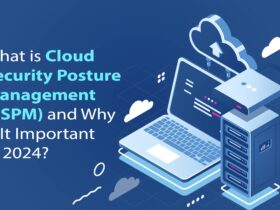SHL Telemedicine Ltd, a leading provider and developer of advanced personal telemedicine solutions, is pleased to announce the initial results from the Mayo Clinic HELP-MI and the Imperial College London TELE-ACS trials, presented at the Vulnerable Plaque and Patient Meeting (VPM) 2023 (as previously announced).
The initial findings from both trials, which focus on the application of SHL’s patented and FDA cleared SmartHeart 12-lead ECG technology for monitoring of post-MI (heart attack) patients at home, have been nothing short of remarkable.
Key highlights from the presentation of the initial results include:
- A staggering decrease of- 27.5% in emergency room visits in the TELE-ACS trial.
- Moreover, hospital readmission rates plummeted by -55% in the TELE-ACS trial.
- In the HELP-ME trial, cardiovascular-driven emergency department visits for patients using the SmartHeart device were reduced to an astonishing 0 (zero)2.
- Cardiovascular driven rehospitalization was also at 0 (zero) for patients using the device in the HELP-ME trial.
- The presentation at the conference noted that the HELP-ME trial demonstrated the potential of SHL’s system be successfully replicated in the US medical system, emphasizing its capability to reduce non-indicated cardiovascular emergency department visits and hospitalizations while improving early recognition of serious cardiovascular presentations.
Erez Nachtomy, CEO of SHL Telemedicine, commented, “The initial results from the HELP-MI and TELE-ACS trials have surpassed our expectations. We are extremely confident in the potential of our SmartHeart technology, and these findings further validate its efficacy in post-MI patient care. We are looking forward to the continued positive impact our technology will have on telemedicine and remote patient care.”
SOURCE: Businesswire

































